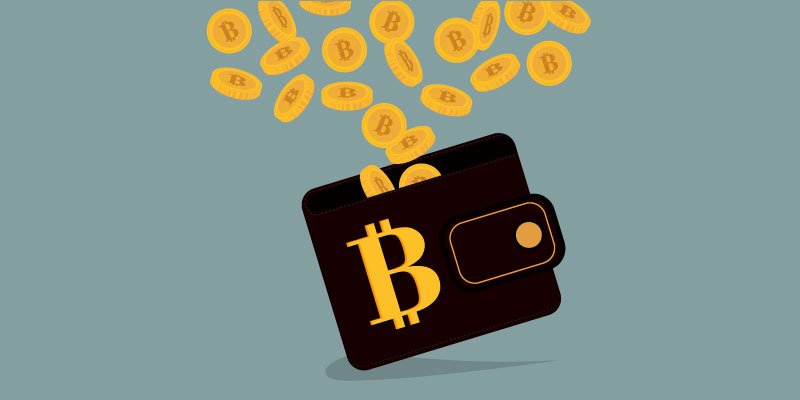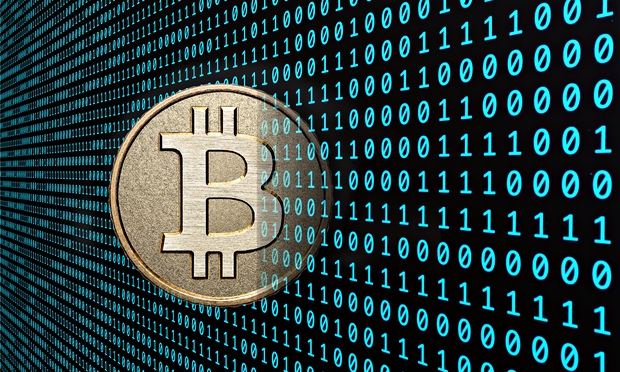The Bitcoin was designed to be the perfect virtual currency. Bitcoin is completely anonymous, cryptographically secure, and friction-less. It is also invisible to law enforcement as well as the taxman. It can be seen as the holy grail of payments for anyone trying to avoid bank fees while spending money domestically or abroad. On another note it is the perfect trading grounds for members of the underground economy, attempting to avoid law enforcement and prosecution.
Although there are many pros in the use of Bitcoins, there are always cons. Nothing is perfect. The strengths of Bit coin can also be considered its weaknesses.… Read the rest



